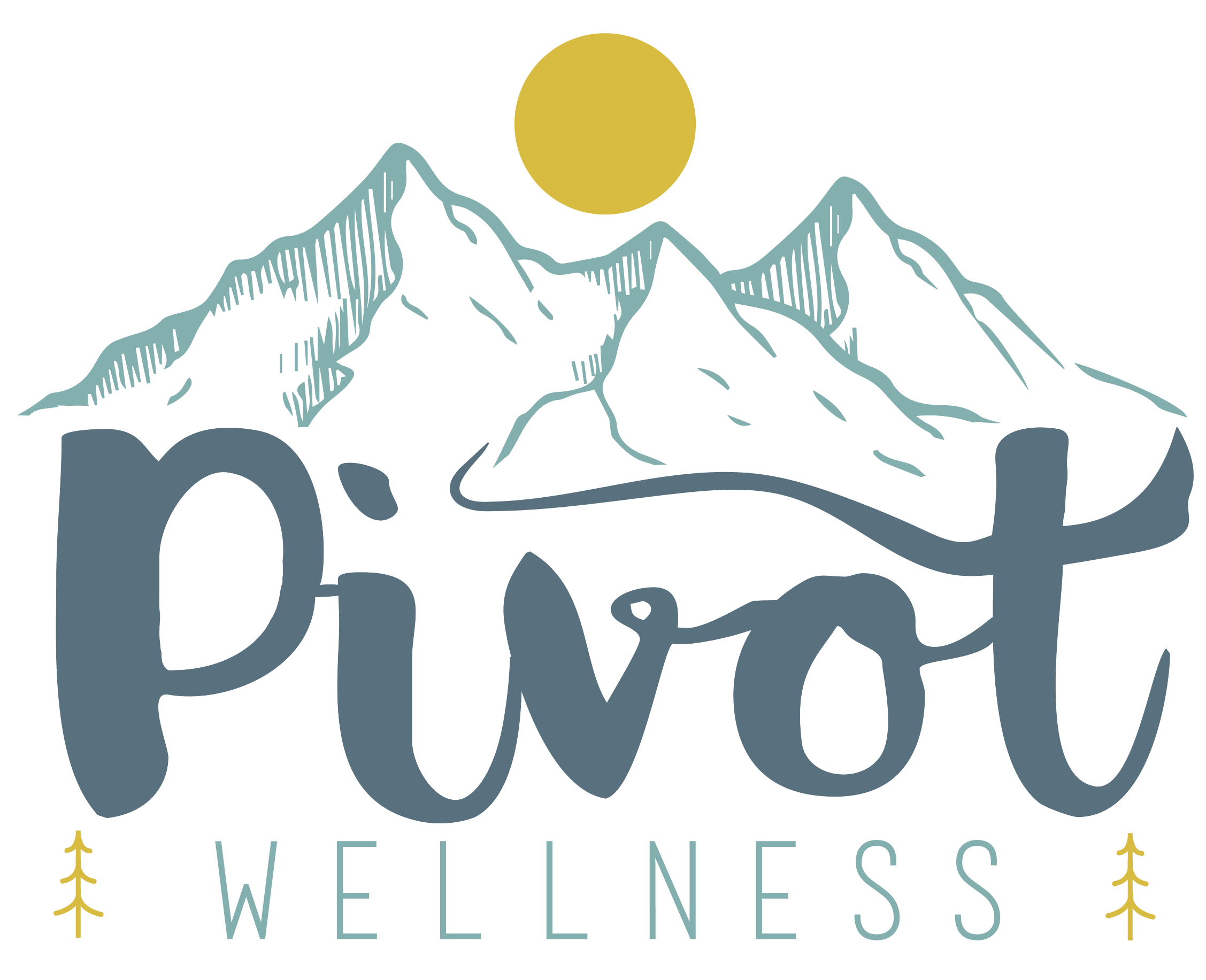I ❤️ failure
Photo by Doran Erickson on Unsplash
Failure is not the lack of success. Thankfully. It is the holding back of our true potential, it is staying safe and controlled out of fear.
Two weeks ago, we talked about failure and it hit home for many of you - I received even more email responses than I usually get from the newsletter. Turns out, you have experienced coming up short and choosing to learn from it, too! Bravo and let’s keep exploring this together…
Because when we own how much work we will have to invest into what is important to us, we are infinitely more likely to take those steps, however long it takes. The steps that, ultimately, lead to what we are chasing. If we, however, remain on the sidelines of what is truly important to us, we live a half-life, muted and driven by fear.
I didn’t always have this approach to big, important things. Like many life lessons, climbing taught me a different way to try hard. Before those uncomfortable lessons, coming up short was excruciating. Letting others see it? Abso-freaking-lutely not. It wasn’t until I gave myself permission to authentically love the sport that I could imagine trying hard without needing “success.” And from that open-hearted stance, I could begin to pursue uncertain goals with more and more of my actual capabilities.
Failure, then, is not the lack of success. Thankfully. It is the holding back of our true potential, it is staying safe and controlled out of fear. Failure is editing our efforts rather than taking authentic action. That is, failure is back within our control.
But if we find ourselves trying (pretty) hard, and things still not working out (like I felt with my recent TEDx application), then what? Well, here are some places to begin collecting data on what might need more work…
Reach out for bigger help and feedback. Open up the windows and let some fresh air into your pursuit!
Dig deeper into the hurdles. Reflect on where and when you are holding back, there will be crucial subtleties that are weighing the process down.
Give your fears and judgments permission to step aside. They are trying to be helpful, but are no longer needed.
Get radically honest about your values and what authentic actions you are driven toward. Do those.
This last one may be the most important and often overlooked. The great pain of “failure” as we typically talk about it, is the drastic misalignment in our values and true-self. Despite our fears, we let ourselves dream, maybe take some action, and then stop. Yet, those authentic desires stay, undernourished and needing expression.
What would you love to do? What would you love to dive into more? What would you love to adjust in your life? Start there and let your loved ones know how it goes! We need more people talking about failure, changing its meaning, and fully expressing what they want to get out of their lives.
Love,
Blake

